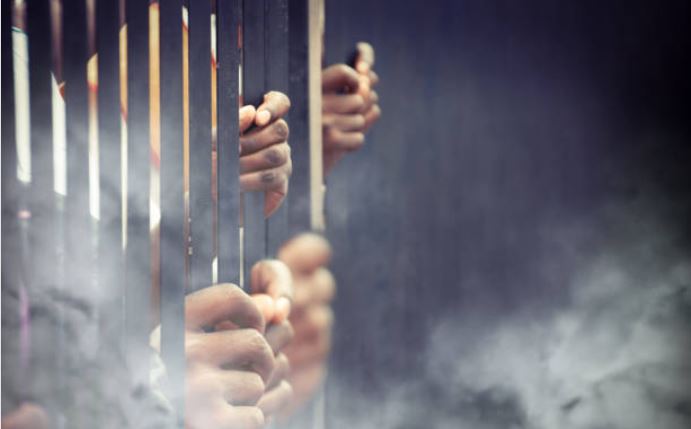In recent years, the criminal justice system has been a topic of intense debate and reform efforts. As U.S. citizens now begin their process for next year’s elections, political conversations have developed and the term ‘punitive populism’ keeps arising. Perhaps like me, you have not been intimately familiar with this term. In this blog, I will delve into the concept of punitive populism, its consequences, and the need to steer criminal justice reform in a more rational and humane direction.
Punitive populism refers to the political strategy of advocating for stricter criminal justice measures to address public concerns about crime. Politicians endorsing this model often support policies such as mandatory minimum sentences, three-strikes laws, and harsher penalties for various offenses. These policies may be driven by emotional reactions to high-profile crimes or moral panics, leading to knee-jerk reactions that prioritize punishment over other solutions. In a bid to win elections, some politicians will fan individual fears without regard to the associated harm committed in communities.

There are many long-term consequences of supporting punitive populism. One of the most significant is mass incarceration with the exponential growth of incarcerated individuals. Harsher sentencing policies have led to overcrowded prisons and strained criminal justice budgets. This focus on punishment diverts resources from initiatives that could address the root causes of crime, such as education, mental health services, and drug addiction treatment.
Harsh sentencing policies often condemn non-violent offenders to long prison terms, including those struggling with substance abuse. People from communities of color and low-income individuals are also disproportionately affected as they are more likely to be arrested and receive harsher sentences. The loss of human potential is great, because individuals are unable to contribute positively to society due to their incarceration. Gaining employment following such involvement is also inherently more difficult, resulting in further barriers to success.
What can we do to challenge this model of punitive populism? At its core, criminal justice reform should be guided by evidence, focusing on approaches that have proven to be effective in reducing crime and recidivism. Investments in education, mental health services, and drug treatment programs have shown positive outcomes in addressing the root causes of criminal behavior. Alternatives to incarceration are proven to be less expensive and more effective, but are seldom discussed as options. Research shows that community-based programs, when implemented with fidelity to proven models, increase family stability, community involvement, and employment retention.[1] Not considering such practices exacerbates the cycle of crime and incarceration.
Educating the public about the complexities of criminal justice issues and dispelling myths and misconceptions can help counteract the appeal of punitive populism. Informed citizens are more likely to support evidence-based reforms that prioritize rehabilitation and social reintegration. Efforts by groups like REFORM Alliance and the Vera Institute of Justice help in this process by sharing actual data and offering specific ways the public can make a difference.
Empowering communities to be actively involved in the criminal justice reform process is crucial. Community-based initiatives, restorative justice programs, and diversion programs can provide effective alternatives to incarceration, fostering healing and rehabilitation. At the SAW Project, we share examples of successful program models that encourage positive change for individuals, communities, and the criminal justice system.
Punitive populism is a significant threat to the progress of criminal justice reform. It is imperative that society moves away from the cycle of punishment and retribution, embracing a more compassionate and rational approach that focuses on rehabilitation, fairness, and the overall well-being of individuals involved in the criminal justice system. Only through these concerted efforts can we create a more just and equitable society for everyone.
[1] https://bja.ojp.gov/sites/g/files/xyckuh186/files/Publications/CSG-Reentry-and-Employment.pdf
